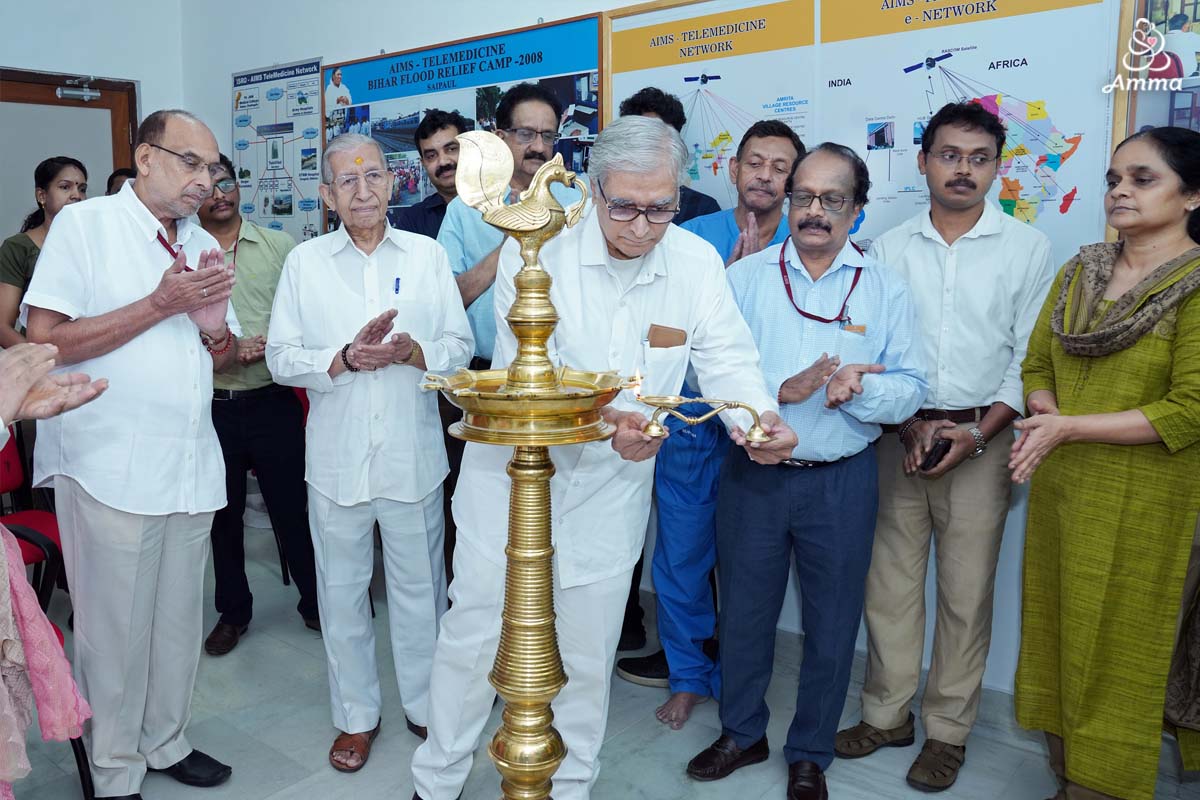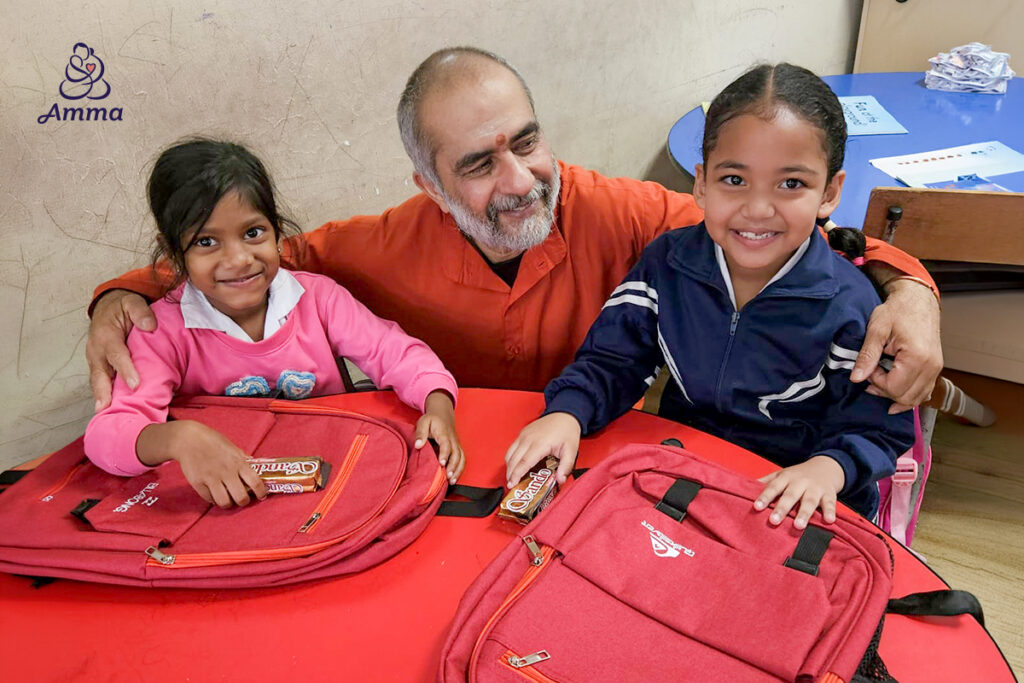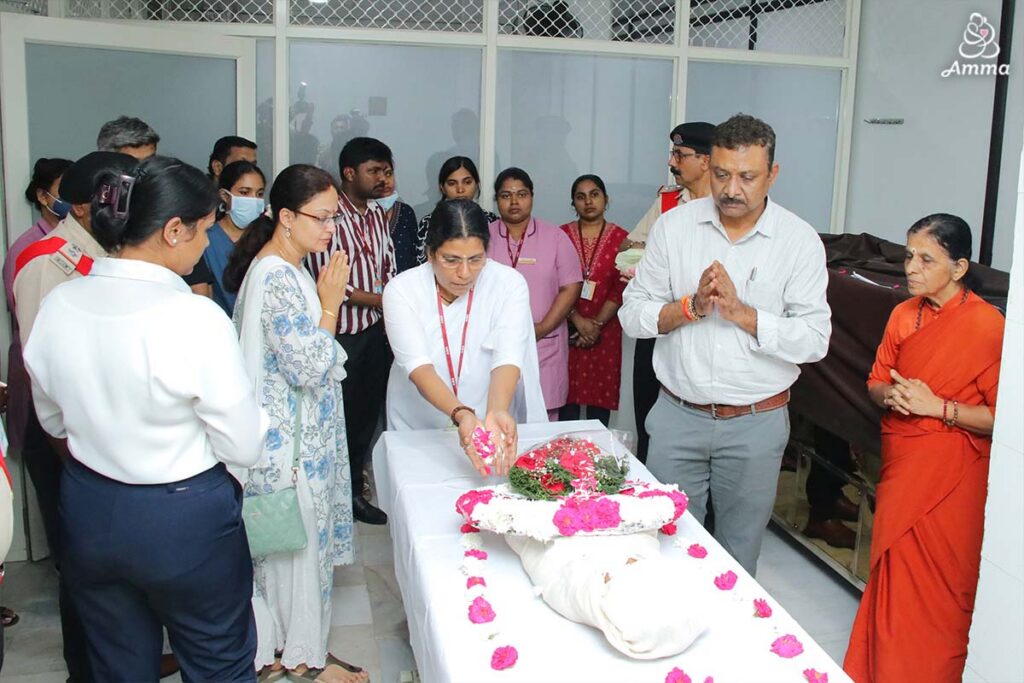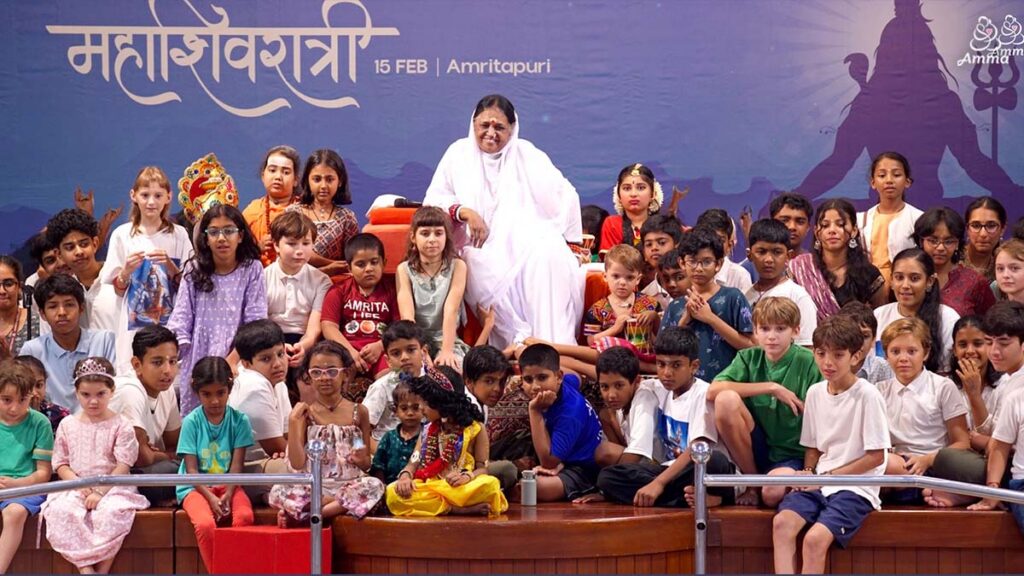Amrita Hospital, Kochi, has announced the expansion of its telemedicine services through the launch of several new initiatives aimed at improving healthcare access for patients across the country. The inauguration was presided over by Dr. Prem Nair, Group Medical Director of Amrita Hospitals.
The launch event highlighted the extension of the ‘Tele-Stroke’ service, already in place in Kerala and Assam with support from the Indian Council of Medical Research (ICMR). It will now reach people in remote communities in the northeastern states of Nagaland and Arunachal Pradesh.
“The goal is to provide stroke care to people in remote hilly tribal areas of India. This ensures that even the most isolated regions can access medical services through telemedicine. We are grateful this expansion will reach even more underserved areas,” said Dr. Vivek Nambiar, Neurologist and Head of Amrita’s National TeleStroke Unit.
Amrita Hospital also unveiled the ‘Tele-Epilepsy’ initiative, designed to aid in the monitoring and treatment of epilepsy patients with limited access to care.
“Amrita Hospital currently offers high-level treatment for epilepsy patients. However, the telemedicine project inaugurated today will significantly extend this care to tribal villages in remote areas of the country,” said Dr. Siby Gopinath, Neurologist and Head of the Amrita Advanced Centre For Epilepsy.
This ensures that even the most isolated regions can access medical services through telemedicine.
Dr. Vivek Nambiar, Head of Amrita’s National TeleStroke Unit.
Efforts to improve telemedicine connectivity for the treatment and rehabilitation of respiratory diseases in rural and tribal communities were also announced, alongside new telemedicine programs focused on the diagnosis and treatment of oral cancer and patients experiencing swallowing difficulties.
The event featured insightful discussions and remarks from eminent medical professionals, including Amrita’s Prof. Dr. Anand Kumar, who delivered the welcome address, Prof. Dr. D. M. Vasudevan, who gave the presidential address and Prof. Dr. Subramania Iyer, who provided a project briefing.
The event was graced by distinguished guests of honour such as Padma Shri Dr. D. D. Sagdio, Chief Medical Officer, Swami Vivekananda Medical Mission Tribal Hospital, Wayanad, and Dr. S. Raghavan, Emeritus Professor, ECE Department, N.I.T. Trichy.
Expert experiences in telemedicine were shared by Dr. Vivek Varma, Chief Medical Officer, Assam University Hospital; Dr. Tony Abraham, Medical Superintendent, KMF Hospital, Nilgiri, Tamil Nadu; Dr. Narayanan V. C., Chief Medical Officer, Swami Vivekananda Medical Mission Hospital, Attappadi; and Dr. Sanjeev Vasudevan, Chief Medical Officer, Amritakripa Charitable Hospital, Wayanad. Dr. Vivek Nambiar and Prof. Dr. Siby Gopinath also contributed as speakers.





